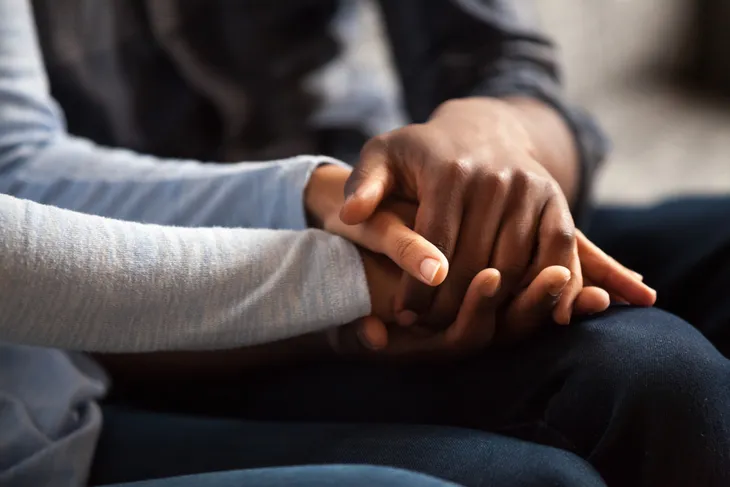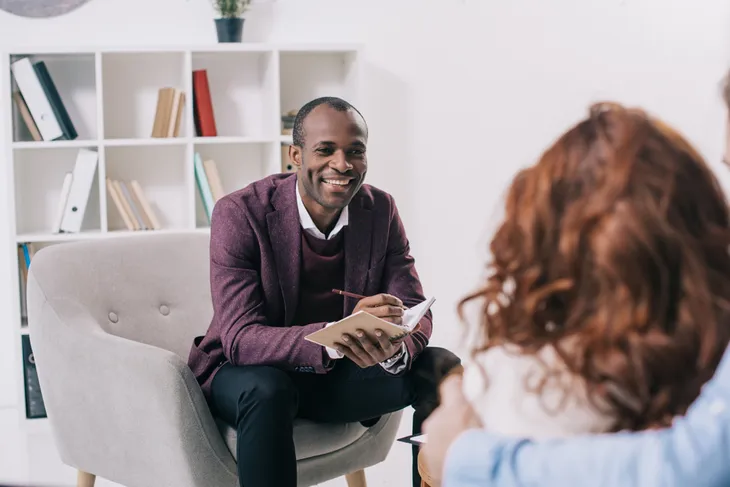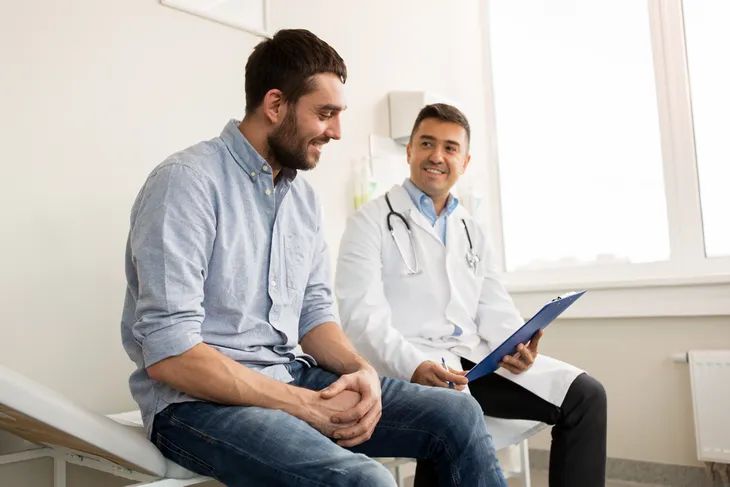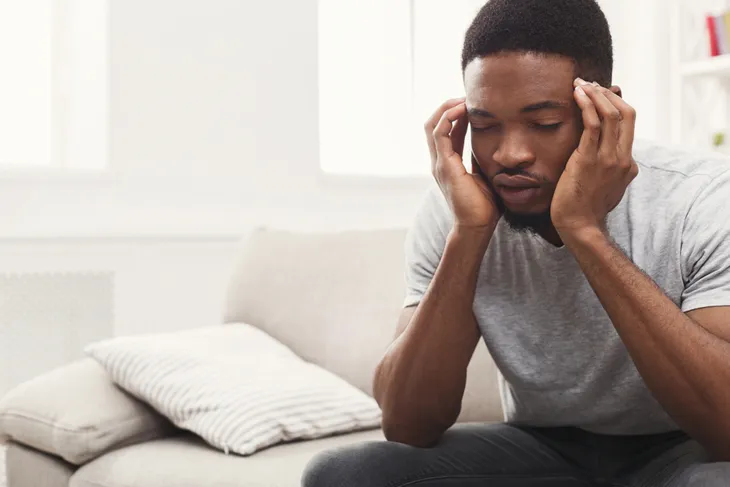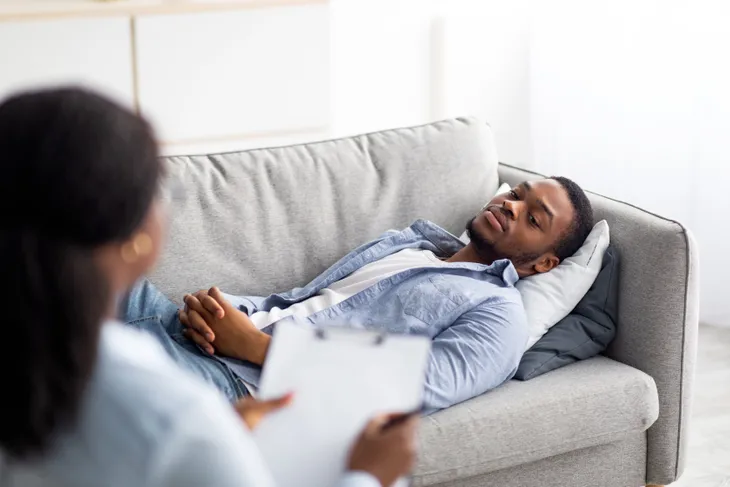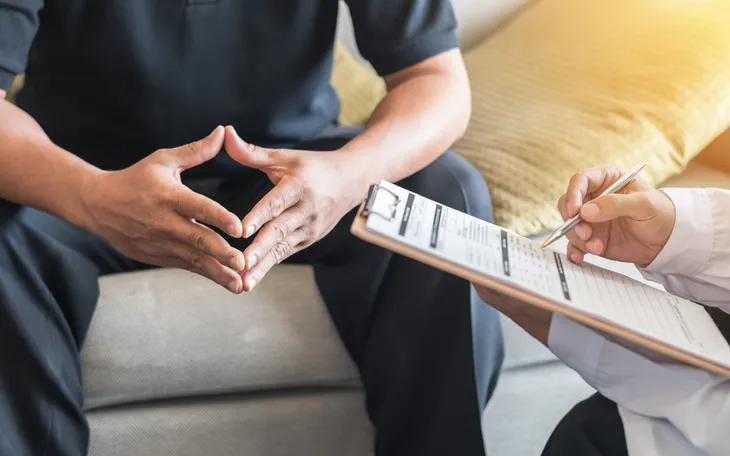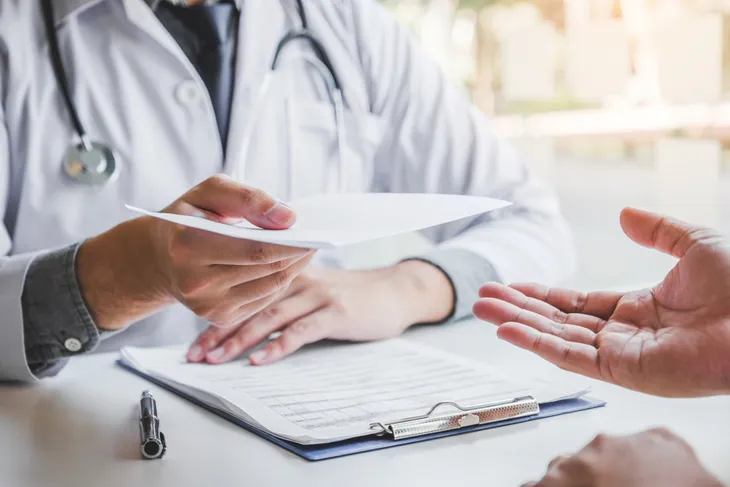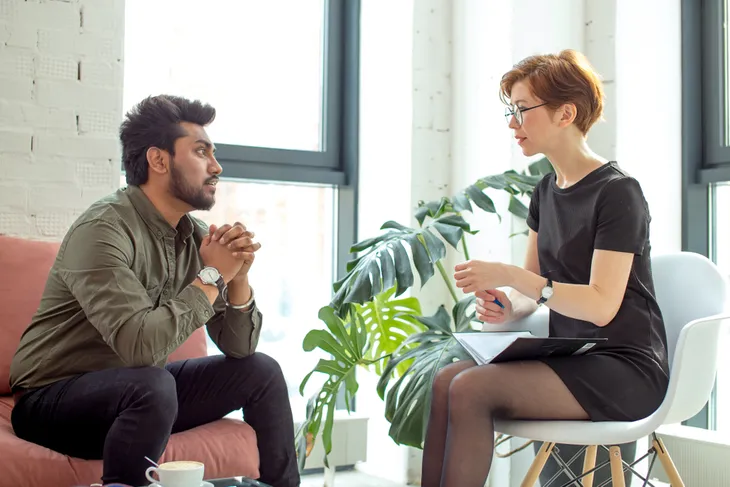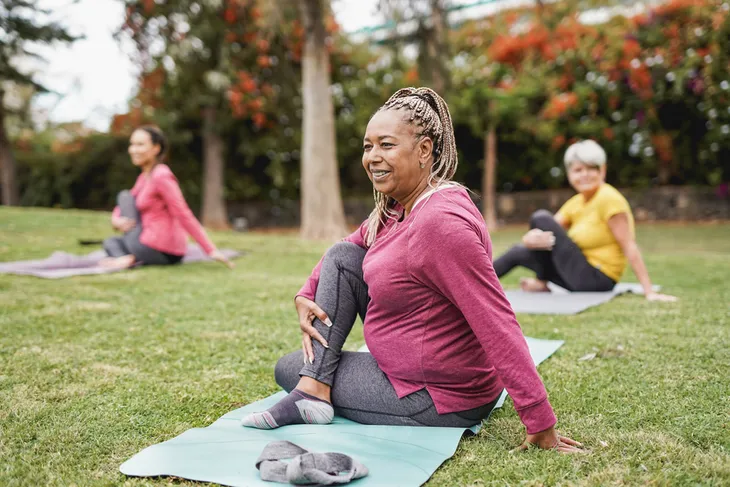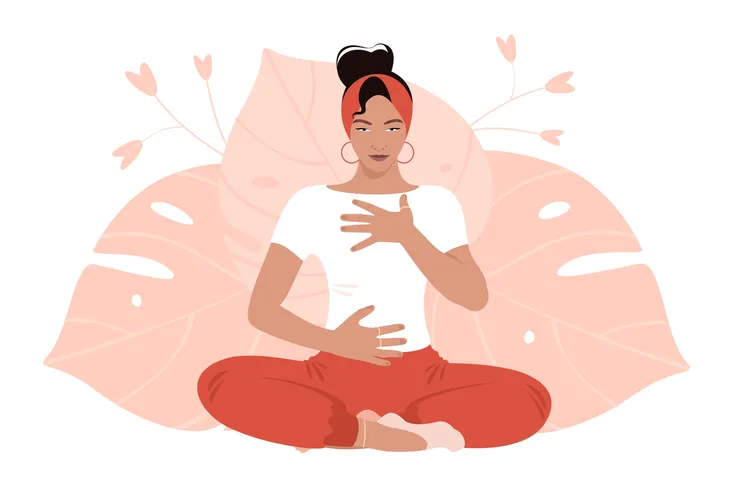- In an effort to combat the rising mental health crisis, the U.S. Preventive Service Task Force is now recommending anxiety screenings as a part of regular checkups.
- Anxiety screenings involve asking patients a series of questions to assess whether they may be experiencing symptoms of an anxiety disorder.
- These screenings may be the key to detecting an anxiety disorder early.
Mental health disorders, like anxiety, are on the rise not only in America but worldwide. In fact, Healthline states that over 40 million American adults are affected by anxiety disorders, yet only 37-percent are receiving treatment. Left untreated, anxiety can be incredibly disabling and it can have severe consequences on one’s health.
In an effort to combat the rising mental health crisis, the U.S. Preventive Service Task Force is now recommending anxiety screenings as a part of regular checkups. So what is an anxiety screening and why should someone get one? We’ll answer that and more in this article.
What Is An Anxiety Screening?
It’s no secret that mental health disorders are increasing and the U.S. Preventive Service Task Force thinks adding anxiety screenings as a part of a regular checkup at the doctor may be able to help. So, what is it?
To conduct an anxiety screening, a primary care physician will ask their patients a series of questions to assess whether they may be experiencing symptoms of an anxiety disorder, explains Verywell Health. Your doctor may ask questions about your lifestyle, whether you worry excessively or intensely, and they’ll ask about physical symptoms of anxiety like sweating and trembling. These simple questions can provide valuable information for your doctor.
The Benefits and Risks of an Anxiety Screening
The biggest benefit of anxiety screening is the early diagnosis and treatment of an anxiety disorder. Thea Gallagher, PsyD, a clinical psychologist in the Department of Psychiatry at NYU Langone Health tells Healthline that anxiety screening can identify many symptoms that you may not think are linked to anxiety, such as difficulty sleeping and irritability.
The main risk of anxiety screening is inaccurate screening. False positives are possible, which may lead to unnecessary follow-up and treatment. Unfortunately, unlike tests for other conditions like high blood pressure, screening for anxiety can be more challenging.
What Happens if You Get a Positive Screening Result?
A positive screen result doesn’t mean a confirmed diagnosis. Verywell Health explains that if a patient receives a positive screen result, they’ll be referred to a mental health specialist for more testing and they can provide an official diagnosis.
The source explains that a patient must meet “a specific set of criteria” to be diagnosed with an anxiety disorder. The specialist will use a manual, known as the DSM-5 to help rule out other medical conditions. If a diagnosis is confirmed, then the specialist will determine the best course of treatment.
Who Should Be Screened for Anxiety?
The U.S. Preventive Service Task Force recommends screening all adults age 19-years or older, including pregnant and postpartum individuals “who do not have a diagnosed mental health disorder or are not showing recognized signs or symptoms of anxiety.”
The task force also notes that more research is needed to determine if screening for anxiety should be recommended for adults over 65. The source explains that “the current evidence is insufficient to assess the balance of benefits and harms of screening for anxiety in older adults.”
Common Warning Signs of Anxiety
The National Institute of Mental Health says there are several types of anxiety. Some of the major types include generalized anxiety disorder, panic disorder, social anxiety disorder, and various phobia-related disorders.
Each type will have its own unique warning signs but the Centre for Addiction and Mental Health (CAMH) says they all share “the same hallmark features.” Be on the lookout for warning signs like irrational and excessive fear, apprehensive and tense feelings, and difficulty managing tasks and/or distress related to these tasks.
How Is Anxiety Diagnosed?
Diagnosing anxiety can be a challenge but it’s not impossible. Your primary care provider will begin by ruling out any other underlying medical conditions. This means they’ll likely start with a physical exam and blood work, as well as an anxiety screening.
If your doctor suspects anxiety or if you have severe anxiety they will refer you to a mental health specialist, known as a psychiatrist. A psychiatrist specializes in diagnosing and treating mental health conditions and can help confirm an anxiety disorder diagnosis.
Diagnosis: Psychological Evaluation
Once you’ve been referred to a psychiatrist, they’ll start with a psychological evaluation. The Mayo Clinic explains that a psychological evaluation involves “discussing your thoughts, feelings, and behavior to help pinpoint a diagnosis and check for related complications.”
It’s also common for anxiety disorders to occur with other mental health problems like depression, post-traumatic stress disorder, and eating disorders, which can sometimes make a diagnosis a challenge. But NYU Langone Health says the specialist will ask more questions to find out if any other psychological condition is affecting you. After assessing your symptoms and family history, the specialist will determine a proper diagnosis.
Diagnosis: Diagnostic and Statistical Manual of Mental Disorders (DSM-5)
As we mentioned earlier, mental health specialists use the Diagnostic and Statistical Manual of Mental Disorders (DSM-5). The American Psychiatric Association explains that this handbook is used as a guide to help diagnose a variety of mental disorders. It contains descriptions, symptoms, as well as other criteria for mental disorders and the specialist will compare the information in the handbook to your symptoms to help confirm an anxiety disorder.
How Is Anxiety Treated?
There are two main treatment options for anxiety disorders, including psychotherapy and medication. The Mayo Clinic says while some people may need one or the other, others benefit from a combination of the two treatment options.
Which treatment option is best for you will be up to your doctor. The source also notes that it may take a bit of trial and error to determine the right treatment method for you. If you have any other accompanying mental or physical health issues those will be addressed too.
How Psychotherapy Can Help Anxiety
Attending any type of therapy can be nerve-wracking, especially if it’s your first time and you don’t know what to expect. The Mayo Clinic explains that psychotherapy is essentially a form of talk therapy, which involves “working with a therapist to reduce your anxiety symptoms.”
The most common and effective form of psychotherapy for anxiety disorders is cognitive behavioral therapy (CBT). CBT is a type of talking therapy that helps you change the way you think and behave. The source also notes that CBT involves exposure therapy which means you’ll be gradually exposed to an object or situation that triggers your anxiety to help “build confidence.” In turn, this can help you manage the situation and your symptoms.
Lifestyle Adjustments May Also Benefit Anxiety
Your doctor may also recommend a few lifestyle adjustments in combination with your treatment plan to help ease symptoms of anxiety. For starters, eating a healthy diet and getting enough good quality sleep every day may help improve your symptoms. As can avoiding caffeine, alcohol, and smoking,
Furthermore, if you don’t already regularly exercise then your doctor may recommend starting. The University of Minnesota explains that exercise stimulates the body to produce serotonin and endorphins, which are both chemicals in the brain that make you feel happier. The Cleveland Clinic explains that serotonin helps stabilize your mood while endorphins help relieve stress and pain.
Reducing and Managing Stress Can Also Help
Stress isn’t good for anyone — it can take a serious toll on your overall health. In fact, Healthline explains that chronic stress can increase your risk of serious health conditions like heart disease. What’s more, stress is also a common trigger for anxiety so it’s important to learn how to reduce and manage it.
A few effective ways to reduce stress include practicing breathwork, mindfulness, and meditation. Gentle stretching (such as yoga), journaling, or reading can also help. It’s important to find what works best for you and then make it a habit to do it every day.


